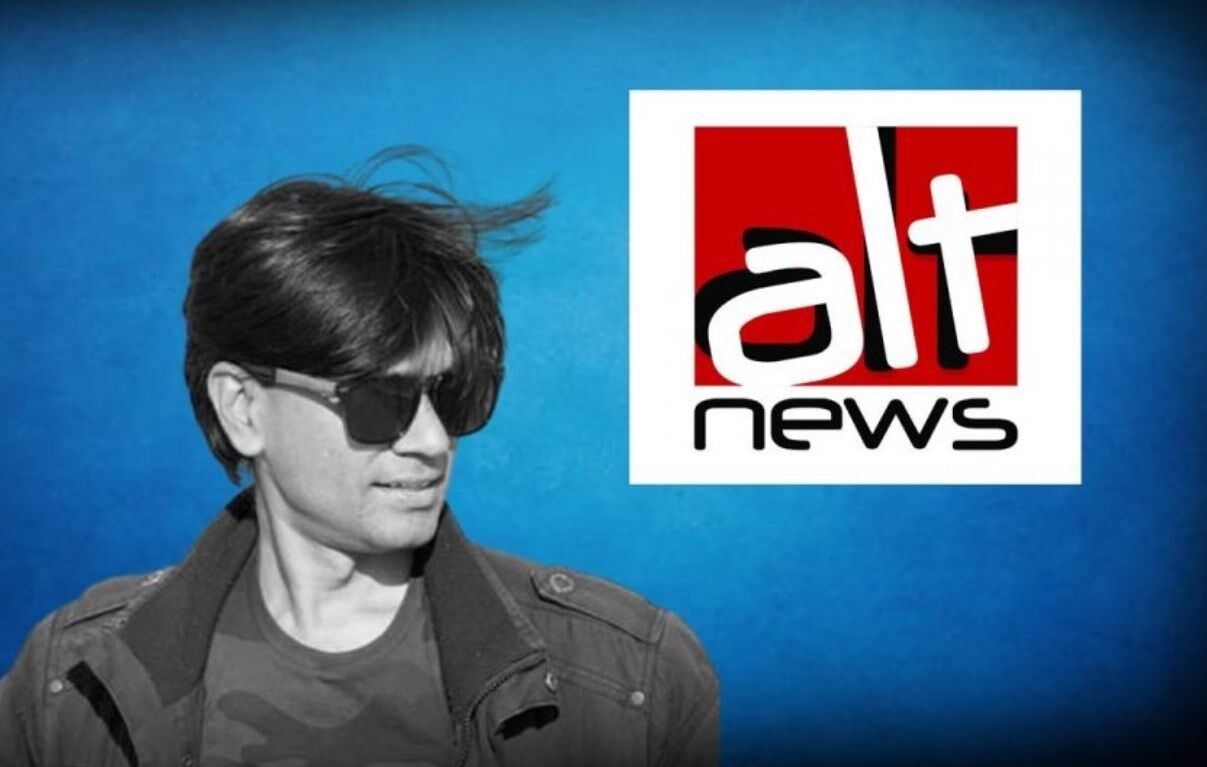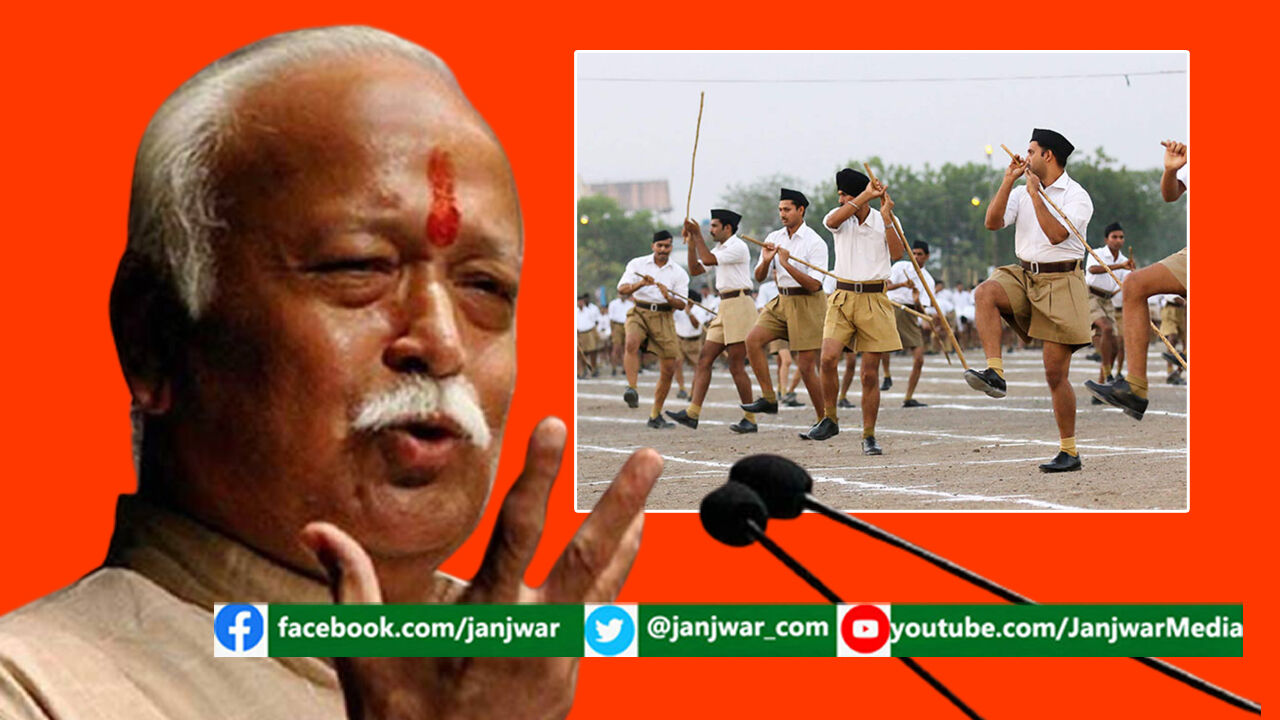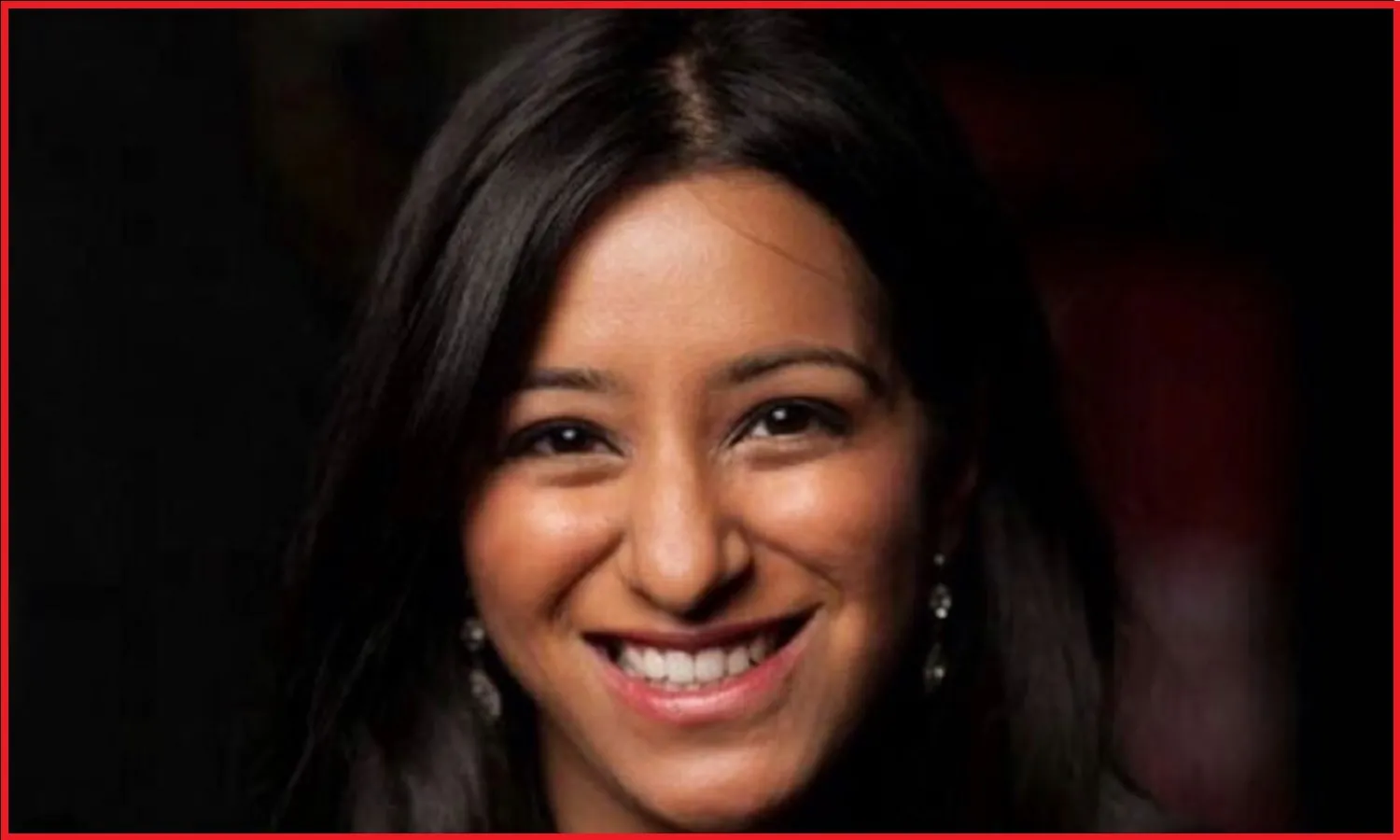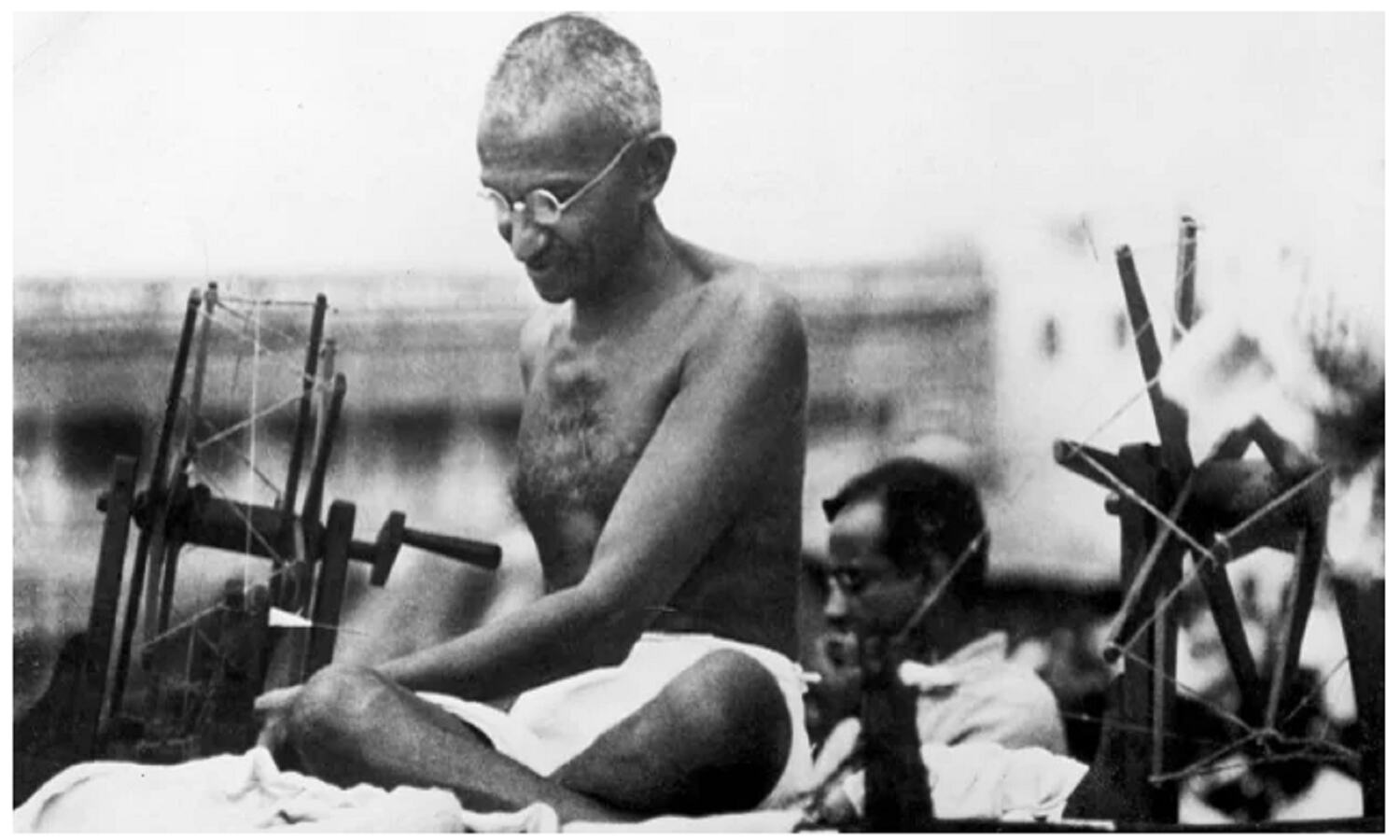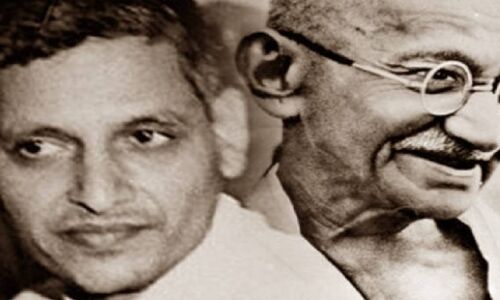Survey Shows Desi Public Agrees with GST Hike on Online Gaming
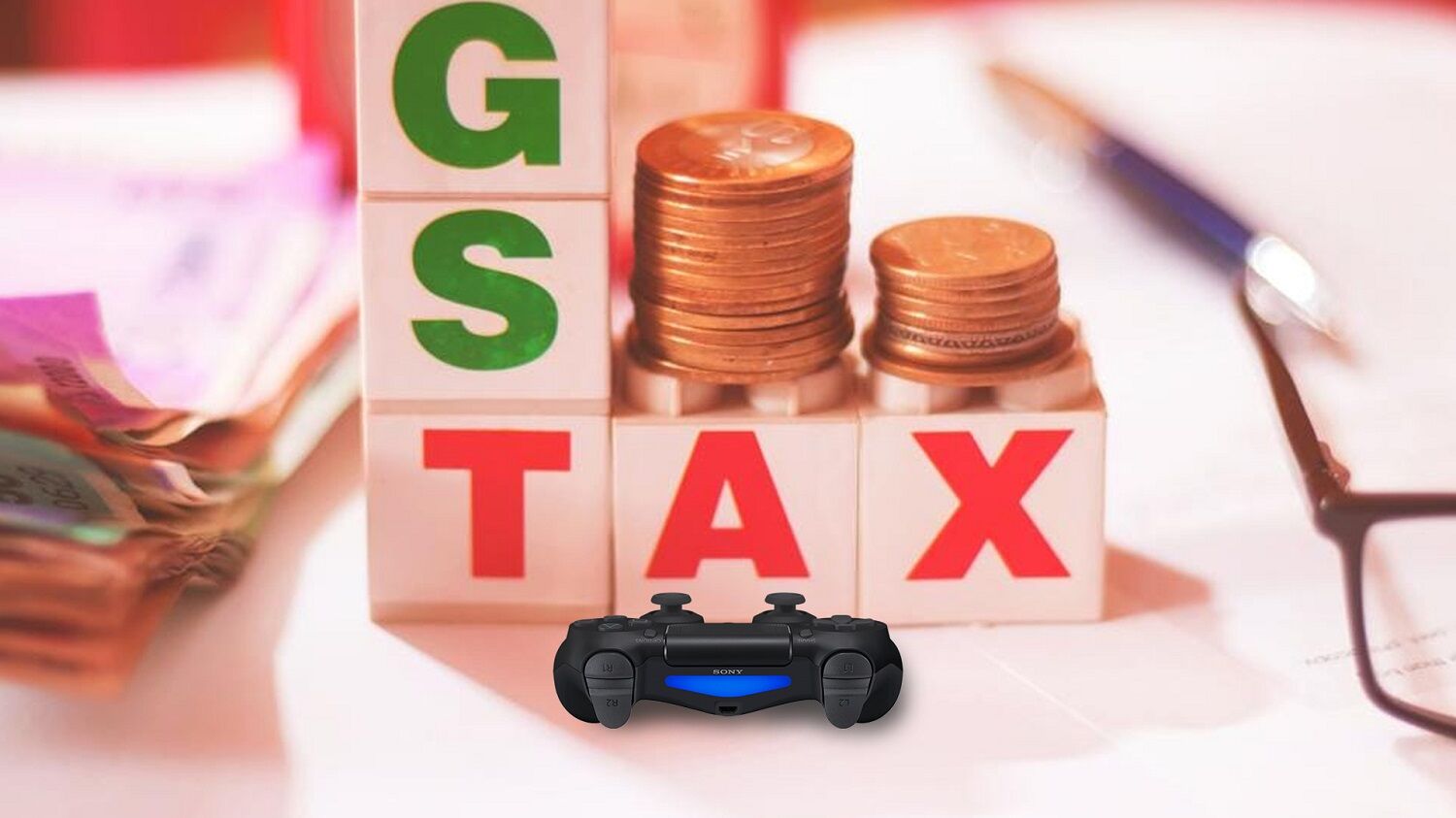
Survey Shows Desi Public Agrees with GST Hike on Online Gaming
The majority of citizens would be fine with a higher GST on paid online games but totally opposed such a move on common goods and services. The GST Council is yet to make a final decision.
Most People OK with Higher Tax Burden for Others
A recent online study has shown that nearly 8 out of 10 desi citizens would be in favor of a GST increase for online gaming, casinos and horse racing. Currently, premium consumption like legal gambling and digital entertainment incurs an 18% GST.
The questionnaire saw most of the 34 thousand respondents agree that bringing GST on online gaming for real money up to 28% would be a good idea. While suggestive to the public mood, the survey also shows that most people are unaware of the complexity of such a change and the impact it would have on the industry, market experts agree.
If you don't play online slots for real money or the state lottery, for example, the GST hike does not affect you. The fact of the matter is that most people would be fine if indirect taxes were to be increased for crypto currencies as well, the study shows.
A higher GST would not be a problem if it were brought up to 40% (for 7%) or even over 50% (for 27%). Only 1% thought that online games, horse racing, casino and teen patti real cash games should be exempt from GST.
Industry studies have shown that there are over 400 million online gamers in India, with roughly 150 million of those being real-money players. Therefore, the 79% in favor of higher GST for mobile games are simply those who do not pay for such types of digital entertainment.
Another problem for desi gaming companies is the possible GST tax base. It is currently levied on the gaming revenue, usually equal to the platform commission. Should it be calculated on the "face value" of the service – and there are rumors to that effect – it would make the business practically unsustainable for most web platforms and apps.
The gross turnover value for most game types includes the prize money and goes well beyond the operators' revenues. Raising GST further would make things like subscriptions, lottery tickets and entry fees even higher and will render the business totally uncompetitive compared to offshore gaming websites and mobile apps.
We are reminded that most people (60%) wanted higher taxes on crypto trade as well. Getting GST to 28% on virtual assets is also on the table for authorities. And yet again, it does not affect the majority but would possibly write off an entire market for millions of Indian investors and traders.
In the absence of a central regulation on online entertainment and digital assets, companies struggle to adapt to frequent changes from State to international rules and operation licenses. Courts across the Union also disagree as to the legal and tax status of such online services.
However, when asked if GST should be brought to 7-8% from the current 5% on household spending, almost everyone agreed that such an increase should not happen. None of the surveyed 319 districts were in favor of a higher GST across the board.
Final ruling on the matter is in the hands of the GST Council later this year. Spending categories are to be kept in any case but the exact rates are yet to get a formal approval by the Ministers.






